 A recent editorial in the Minneapolis StarTribune addressed proposed legislation that would change Minnesota’s state laws concerning adoptees’ access to their birth records, without the birth parents’ consent. The point is moot for those adopted after 1982, as laws enacted in that year gave birth parents the choice of whether or not to allow the records to be made available to their children after they turned 18. (And, if I understand the poorly-worded sentence from the article correctly, 90% of birth mothers, given the choice, have wanted to allow access under those circumstances.)
A recent editorial in the Minneapolis StarTribune addressed proposed legislation that would change Minnesota’s state laws concerning adoptees’ access to their birth records, without the birth parents’ consent. The point is moot for those adopted after 1982, as laws enacted in that year gave birth parents the choice of whether or not to allow the records to be made available to their children after they turned 18. (And, if I understand the poorly-worded sentence from the article correctly, 90% of birth mothers, given the choice, have wanted to allow access under those circumstances.)
As it happens, I have a particular interest in this matter, as I was adopted in the state of Minnesota, before 1982.
My records are sealed until either I or my biological parents die, but it’s of little matter now, as some careful online sleuthing (along with a good bit of luck) allowed me to find and make contact with my birth mom. Although due to geography and the complexity of daily life, we may never have a very close relationship, we do have a relationship now, and have been a part of each other’s lives for the past five years.
Up to that point, her identity, and truly the very origins of my existence, were shrouded in a mystery that I had long known I may never solve. If you’re not in the situation, I would imagine it is difficult to understand. And for some people, including a good college friend who’s also adopted, the curiosity just isn’t there, which is fine. But for those of us who do need to know, it’s not just (in the words of the article) “genealogical curiosity.” It is a burning hunger to understand oneself.
As I said, I was lucky. Circumstances made it unexpectedly easy for me to locate my birth mom. (Credit goes, too, to three websites in particular: Google, Switchboard, and to a lesser extent, US Search. Avoid giving US Search your information, or worse, your money, unless you find it absolutely necessary. But enlist Google and Switchboard, and watch them do wonders.) We were exchanging emails two short weeks after I first made a concerted effort to find her, in 2003. But the urge to take action had been there for years.
Unfortunately the only avenue open to me in the pre-Google years was to work through the agency that placed me with my adoptive parents. That would have required nearly $600 in fees, along with several notarized documents, all with no guarantee of success. Most adult adoptees who are seeking their birth parents are stuck with this as their only option, however, and the situation is even worse for the birth parents. Mostly they just need to sit back and hope their children want to find them, knowing that they may not even be aware that they’re adopted.
So I see both sides of this story. Birth parents (mothers in particular, it seems) overwhelmingly want to be found by their children, even if they were forced by the laws and practices at the time of the birth to give up all rights to contact, forever. But if they’re in that 10% minority, they do deserve to have their rights protected, too.
Ultimately it’s a good thing that the laws were changed. Adoptees who are a decade or more younger than I am may never have to face the kind of agonizing “curiosity” that my generation and those before me have lived with since we first learned we were adopted. (Again, I believe I was lucky, in that I’ve known since I was a young child — too young to understand the stigma I might have felt if I learned as a teen or an adult.)
Despite the feel-good reunion stories that are, for the most part, the general public’s only exposure to issues of adoption, and ham-fisted legislative efforts to right past wrongs, as is currently underway in Minnesota, the true, anguished story of birth mothers (many of whom in past decades were compelled against their wishes to give up their children) is still largely unknown. I would encourage everyone who has the slightest interest in issues of adoption to read Ann Fessler’s excellent book, The Girls Who Went Away: The Hidden History of Women Who Surrendered Children for Adoption in the Decades Before Roe v. Wade.

